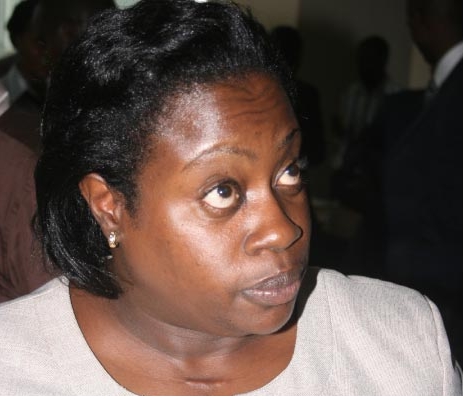Public Procurement and Disposal of Public Assets Authority (PPDA) chief Mrs. Cornelia K. Sabiiti has stepped down Friday after her contract ended.
Mrs. Sabiiti, was appointed on 1st April 2011 and her contract was renewed on 1st April 2014. Therefore the last term of the Executive Director is due to expire on 31st March 2017.
A lawyer by profession, when she was elevated to the big office, Sabiiti held a post-graduate diploma in public procurement management from ILO Turin in Italy, and had seven years’ experience as a legal adviser to the PPDA. Sabiiti first joined the organisation in 2004.
On Wednesday, she was asked to stay as government looks for an new ED but declined and the board has appointed Mr. Benson Turamye, the Director Performance Monitoring as Acting Executive Director until the substantive position has been filled.
PPDA’s hunt for a new Executive Director has been shaded with controversy with accusations that the Finance minister Matia Kasaija was trying to ring-fence the important office.
As this news site had reported, Hon. Kasaija is allegedly using his position as a minister has blocked the appointment of Eng. Dr. Anania Mbabazi who has been picked to replace Sabiiti.
Under Section 17 (1) of the PPDA Act, the PPDA board of directors is mandated to appoint an Executive Director in consultation with Minister Kasaija.
EXPOSED: How Finance minister Kasaija is blocking Dr. Mbabazi from assuming PPDA job
How ED is selected
According to PPDA Act, 2003, the “Board shall appoint an Executive Director on contract for three years, renewable for only one further term, and on terms and conditions to be specified in his or her instrument of appointment.”
“Following the interviews that you underwent, I am pleased to inform you that the PPDA Board of Directors found you as the most suitable candidate for the above position (PPDA ED),” Mr Wanyama’s letter to Eng Dr Mbabazi reads in part.
According to the appointment letter that we have obtained, the new PPDA ED will earn Shs24m salary per month and entitled to other benefits stated in his contract of employment.
PPDA is a key stakeholder in the development of a new strategy to help SMEs access public procurement contracts through preference schemes that have been proposed in an amendment to the PPDA Act. These preference schemes give small and medium-sized businesses more chance to win deals.
The government of Uganda first began reforming public procurement and disposal in 1997.










